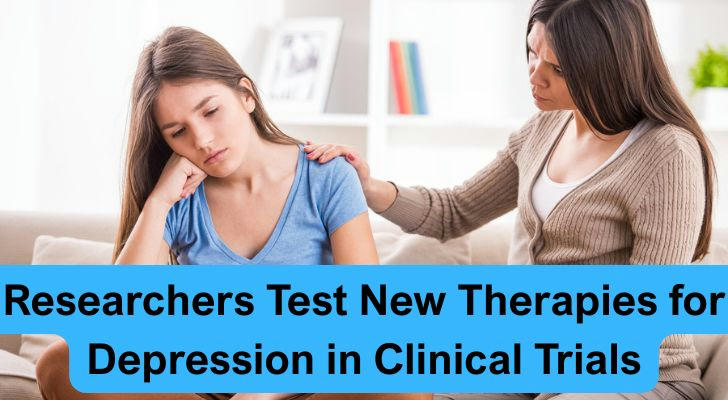Depression Clinical Trials: Pioneering New Treatments and Restoring Hope
Depression rates in America continue to climb, with recent CDC data revealing over 1 in 8 individuals aged 12+ experience symptoms—nearly double the prevalence from a decade ago. Across all 50 states, hundreds of clinical trials are actively recruiting participants to test innovative therapies. These studies accelerate the development of life-changing treatments while offering new hope to those struggling with limited options.

What Are Depression Clinical Trials?
Clinical trials are research studies evaluating new medical approaches. Current U.S. trials focus on:
- Precision treatment tools (like the University of Arizona’s data-driven model matching therapies to age, gender, and comorbidities)
- Novel antidepressants and neuromodulation techniques
- Digital therapeutics using AI-driven platforms
- Community-based interventions addressing social isolation
These studies assess effectiveness, safety, and which patients benefit most—critical for personalized care.
Why Depression Clinical Research Is Urgently Needed
The CDC’s 2025 report underscores a growing crisis:
- Treatment gaps persist: Only ~40% of Americans with depression receive care, with disparities worsening among marginalized communities.
- Youth mental health emergency: Over 25% of adolescent girls report depressive symptoms.
- Half of patients don’t respond to initial treatments, per University of Arizona’s decade-long analysis of 10,000 patients.
Clinical trials address these gaps by developing faster-acting therapies and personalized solutions for treatment-resistant cases.
Who Can Participate?
Trials seek diverse participants, including:
- Adolescents and seniors experiencing symptoms
- Individuals with co-occurring conditions (anxiety, PTSD)
- Those newly diagnosed or with treatment-resistant depression
Eligibility varies by study but commonly considers age, diagnosis history, and overall health.
Potential Benefits of Participation
- Early access to groundbreaking therapies (e.g., precision psychiatry tools)
- Comprehensive care under medical supervision
- Compensation for time/travel in select studies
- Personal contribution to science that may help millions
How to Find and Join a Trial
1.National registries: ClinicalTrials.gov or NIMH databases
2.Academic hubs: Universities like Temple or Arizona conducting localized research
3.Health organizations: Mental Health America (MHA) or NAMI
Consult healthcare providers to identify suitable trials. Rigorous screening ensures participant safety.
In Pennsylvania, Temple University researchers train new mental health professionals while expanding care access. Nationwide, trials advance tools like Arizona’s clinical decision-support system—proving that personalized solutions can transform outcomes. For those facing depression, these studies represent more than science; they offer a pathway to reclaiming life.
Crisis support:
- 988 Suicide & Crisis Lifeline: Call or text 988
- SAMHSA Helpline: 1-800-662-HELP (4357)
